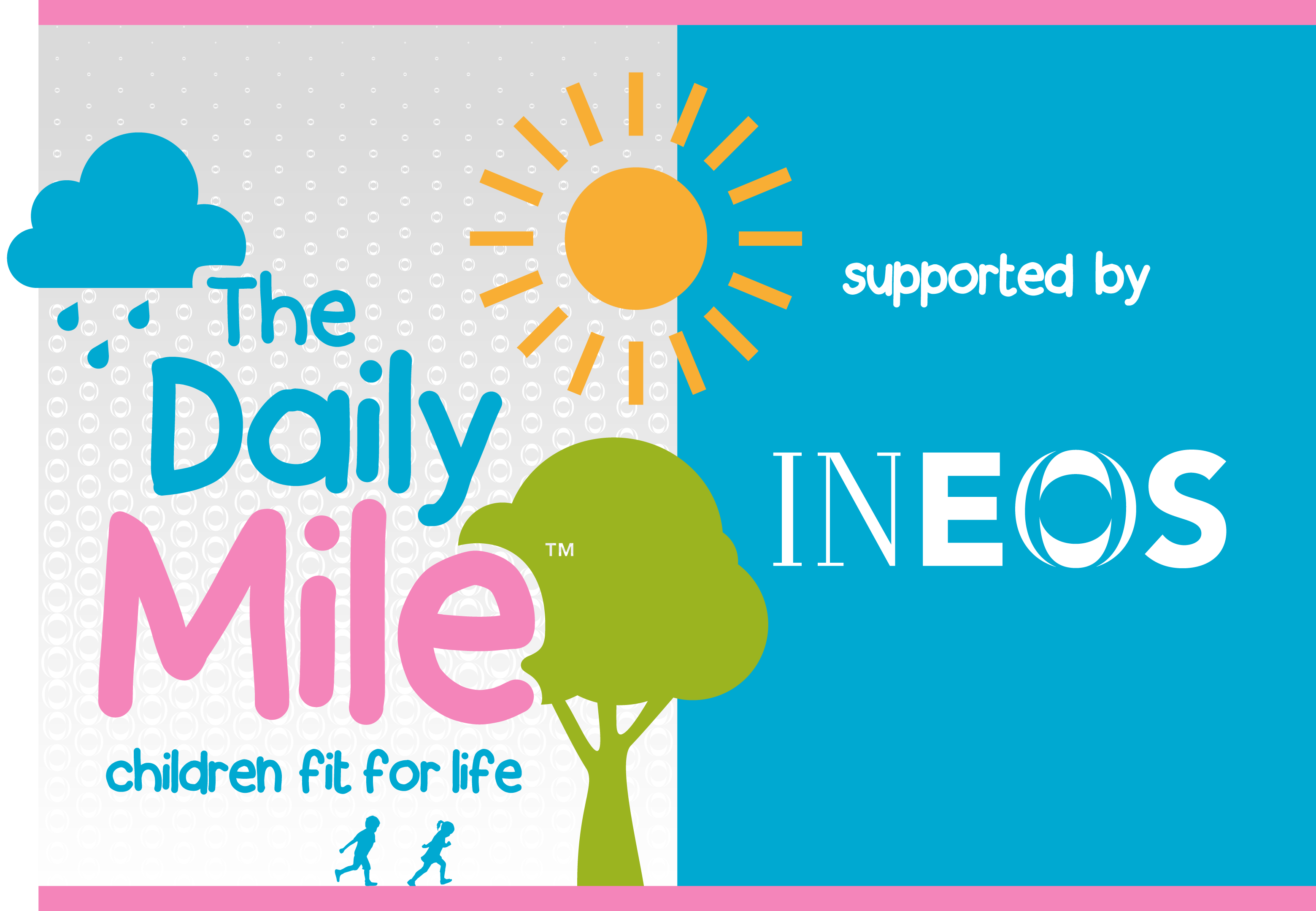Assessment of The Daily Mile as a public health intervention in South London
Article title: The Daily Mile as a public health intervention: A rapid ethnographic assessment of uptake and implementation in South London, UK.
King’s College London (Division of Health and Social Care Research) evaluated The Daily Mile and its uptake in the borough of Lewisham (South London, UK) in order to understand the potential impact of The Daily Mile as a public health intervention.
Their research conducted interviews, focus groups and observed implementation of The Daily Mile in 12 classes from 5 primary schools. Additionally, they analysed data on school characteristics, specifically the percentage of pupils from Black and Minority Ethnic communities, and the percentage of children eligible for free school meals.
They found that of the 69 schools in the borough, 22 schools (48%) had adopted The Daily Mile by September 2018. There was no difference between adopters and non-adopters in terms of school size, percentage of children eligible for free school meals, or percentage of children from Black or Minority Ethnic populations.
A wider range of benefits from engaging in the initiative were identified by participating Teachers and Head Teachers, such as:
- Improvement in children’s fitness – teachers believed this was most pronounced for children who otherwise might not get as much physical activity in their day
- Positive peer-to-peer and teacher-student relationships
- Better concentration in class
- The Daily Mile made contributions to other parts of the curriculum, which enhanced learning outcomes
Few interviewees identified negative impacts however, fitting The Daily Mile in around a busy timetable was a concern for some teachers.
In general, schools completed The Daily Mile 2-4 times a week and found introducing incentives to keep the children interested – such as, ‘collecting’ and recording miles – helpful. If it was raining, some teachers organised alternative activities indoors.
They concluded that to foster an inclusive and positive approach to physical activity and health, The Daily Mile should be implemented as benefiting everyone, and not associated as particularly useful for larger or ‘less sporty’ children.
Read the full article online, published in BMC Public Health on 27th August 2019.




